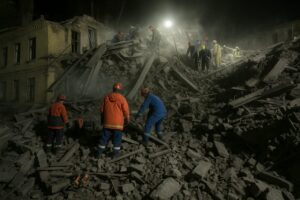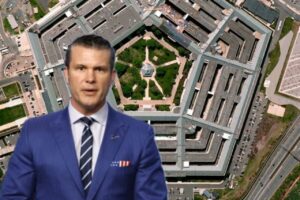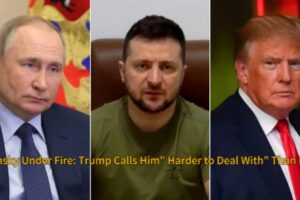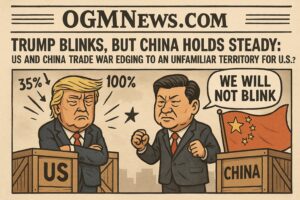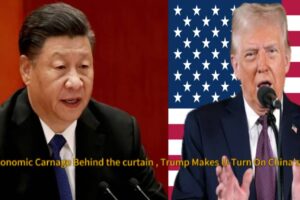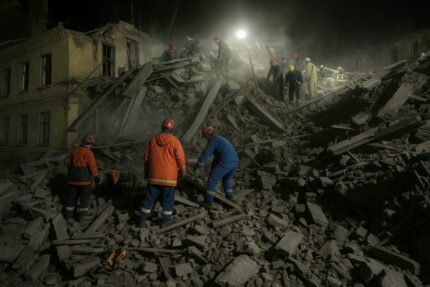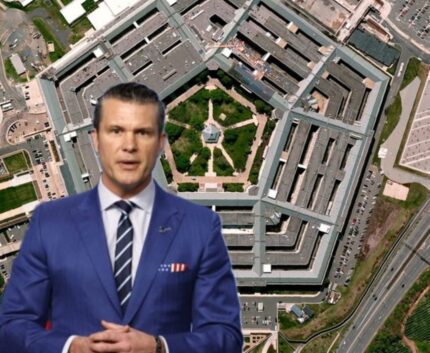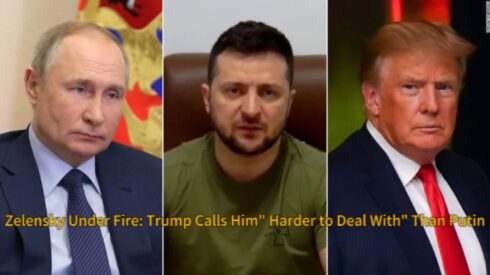At least nine people have been confirmed dead and more than 60 others injured following a wave of Russian missile and drone attacks on Ukraine’s capital, Kyiv. The city’s mayor, Vitali Klitschko, revealed that multiple explosions rocked residential areas, with six fires reported across the city. “There are people under the rubble,” Klitschko said, noting that emergency services were working around the clock to rescue survivors. Among the injured were six children, with hospitals overwhelmed by casualties.
Interior Minister Ihor Klymenko provided further grim updates, indicating that rescue workers were responding to distress calls from beneath collapsed buildings. He emphasized the urgency of the ongoing search efforts. In addition to Kyiv, Russian forces targeted other Ukrainian cities overnight, including Kharkiv, Sumy, and Zhytomyr. Two people were injured in Kharkiv, while authorities in the other cities are assessing damage. Despite the destruction, Russia has yet to comment officially on the strikes, though it claimed to have intercepted 87 Ukrainian drones, including 45 over Crimea.
Trump Claims Zelensky Is Preventing Peace
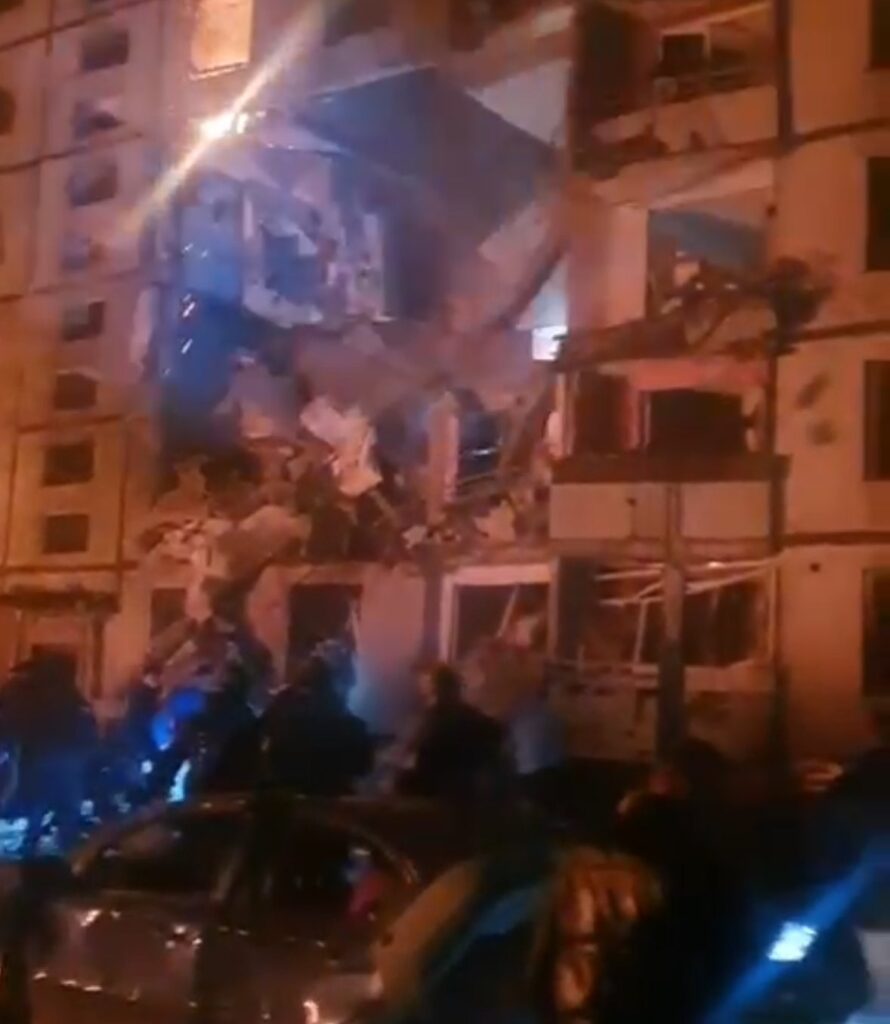
Former U.S. President Donald Trump has stirred controversy with pointed criticism of Ukrainian President Volodymyr Zelensky’s stance on peace negotiations. Reacting to Zelensky’s firm declaration that Ukraine would not cede Crimea to Russia, Trump wrote on Truth Social that the comments were “very harmful to the peace negotiations.” Trump added, “He can have peace or he can fight for another three years before losing the whole country.”
Trump also questioned Ukraine’s military resolve in 2014, stating, “Nobody is asking Zelensky to recognize Crimea as Russian territory, but if he wants Crimea, why didn’t they fight for it eleven years ago?” He warned that Zelensky’s insistence on reclaiming the peninsula “will do nothing but prolong the killing field.” The former president’s remarks have been met with sharp criticism from Ukrainian officials, who argue that capitulating to Russian aggression would reward violations of international law.
Russia’s Broad Assault and Regional Fallout
The attack on Kyiv was part of a broader offensive across Ukraine, with strikes reported in Kharkiv in the northeast and in Sumy and Zhytomyr in the north-central regions. The scale of the assault prompted neighboring Poland to scramble fighter jets in response to Russian military activity near its borders. The Polish Armed Forces Operational Command confirmed that both Polish and NATO aircraft had been deployed to secure Polish airspace.
This is not the first time Poland has taken precautionary military measures during Russian airstrikes near its territory. As a NATO member, Poland remains a critical buffer between the alliance and the conflict in Ukraine. Its swift response underscores the regional volatility stemming from Russia’s increasingly aggressive tactics.
Zelensky’s South Africa Visit Signals Diplomatic Shift
In the midst of war, Zelensky’s recent state visit to South Africa marked a significant shift in Ukraine’s foreign policy outreach. Just two years ago, South Africa was seen as sympathetic to Russia, having refused to condemn its invasion of Ukraine. Today, however, both Kyiv and Pretoria find themselves estranged from Washington following the re-election of Donald Trump, prompting both nations to explore new diplomatic avenues.
Ukraine is seeking to build stronger ties with African nations, which have historically maintained close relationships with Russia. Zelensky’s government hopes South Africa can assist in humanitarian efforts, including the return of over 19,000 Ukrainian children reportedly abducted by Russian forces. Meanwhile, South Africa views its non-aligned status as a potential asset in mediating peace between the warring countries.
A Divided American Approach to the War
Trump’s statements have highlighted growing divisions within the American political establishment regarding support for Ukraine. His criticisms come just as Vice President JD Vance outlined a proposed U.S. framework for peace. According to Vance, the plan would involve freezing territorial lines “close to where they are today,” implying significant concessions from Ukraine.
This proposal represents a stark departure from the Biden administration’s previous stance, which emphasized Ukraine’s right to reclaim all occupied territories. Trump, in contrast, appears more focused on ending the war quickly, regardless of the territorial implications. “We are very close to a deal,” Trump insisted, “but the man with no cards to play should now, finally, get it done.”
As Ukrainian cities continue to endure relentless bombardment, and international voices grow increasingly divided, the prospects for a lasting peace remain fragile—trapped between diplomacy, devastation, and deepening global rifts.

